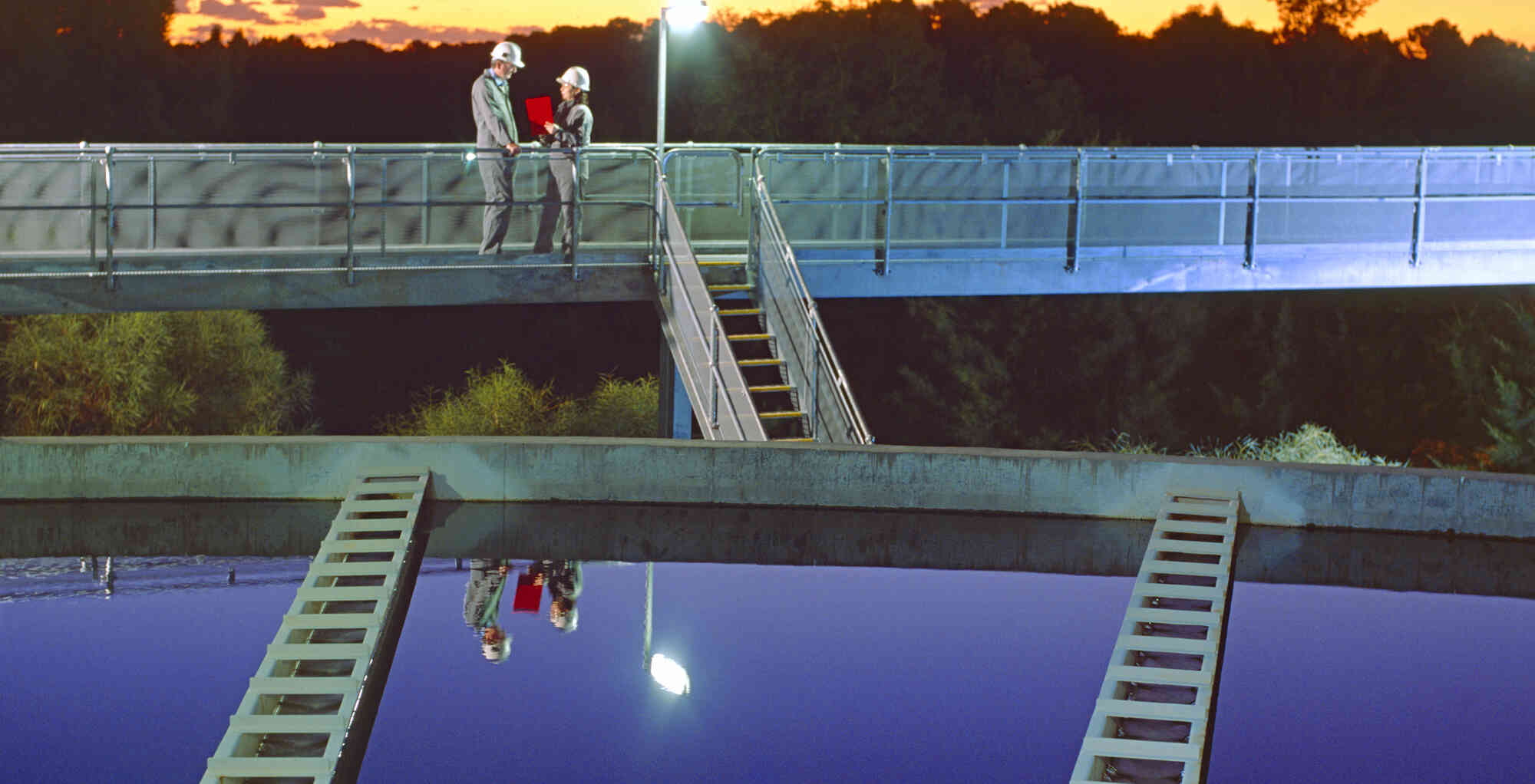Two weak positive results have arisen from ESR’s routine wastewater surveillance testing for COVID-19 in Wellington, reported this weekend.
These results are likely to have come from recently-recovered cases continuing to shed the virus, says the Ministry of Health. Still, it encourages people with symptoms to get tested promptly, especially residents and recent visitors to the Wellington region. This is as a precaution, and to help rule out any undetected COVID-19 infection.
The SMC asked experts to comment on the news.
Professor Michael Baker, Professor of Public Health, University of Otago, Wellington, comments:
“It is good to see wider use of wastewater testing as an additional form of Covid-19 surveillance in New Zealand. Such testing has potential to provide a backup system for detection of cases at an early stage before they have grown into large outbreaks.
“As noted by the Ministry of Health and ESR, these “weak positives” are most likely to represent historic cases rather than people who are infectious. These are cases who have been through MIQ and are continuing to shed viral material, which is detected by the very sensitive PCR testing being used. The detection of these “weak positives” can be seen as a positive indication that the testing system is working well. There is also potential to detect virus from infected people in MIQ facilities, in cities which have such facilities. To understand all of these sources of ‘false positives’, there is an obvious need to track where people who have tested positive in the past are living.
“A much more important question about wastewater testing is how it is performing in detecting true Covid-19 positive cases in the community, which is the sensitivity of the system. We have had a number of incidents of community transmission over the last few months, notably the Valentine’s Day outbreak in Auckland. It would be helpful to know if wastewater testing had detected these incidents and the timing of such detections. Knowing the sensitivity and timeliness of case detections would be extremely helpful in understanding the likely future role of wastewater testing. For example, it may be that we need to invest more resources in this system so that it can perform at the level needed to provide consistent and sensitive early outbreak detection, particularly in the regions where outbreaks are most likely to occur.”
No conflict of interest.
